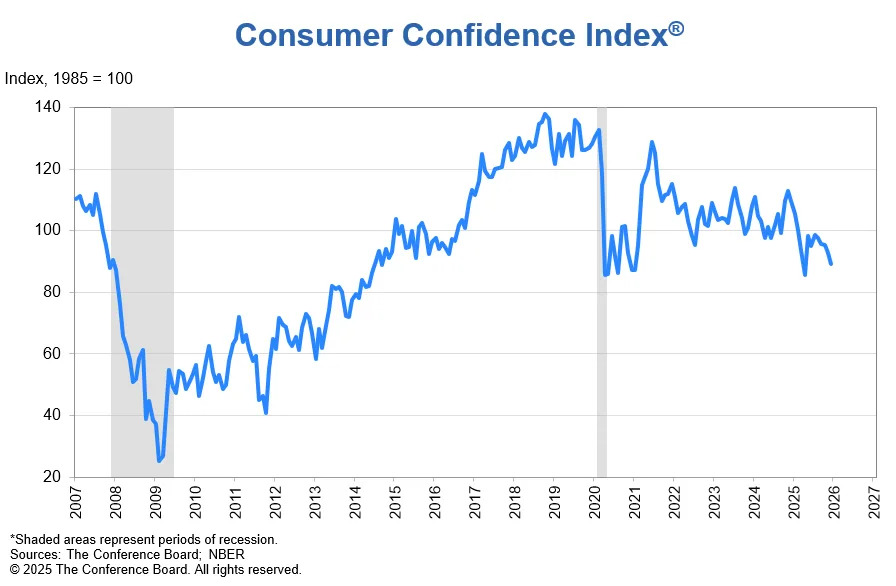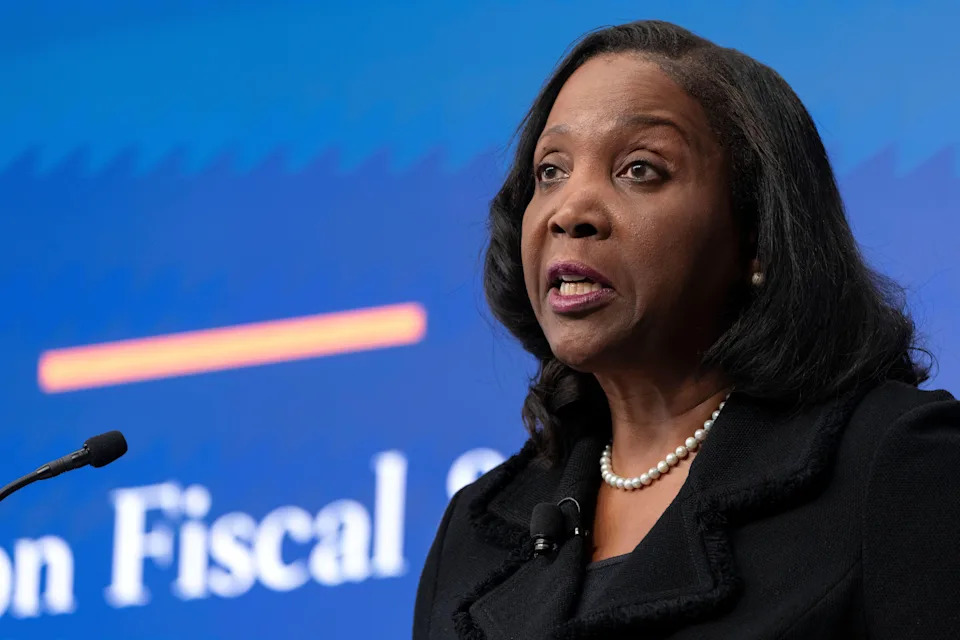
Firing Jerome Powell will crash financial markets — Sen. Elizabeth Warren
Key Points
- Firing Jerome Powell could undermine investor confidence and trigger a financial crash, according to Senator Elizabeth Warren.
- Warren argues that the President does not have the legal authority to remove Powell from his position.
- The independence of the Federal Reserve from political influence is crucial for the stability of the US and global economy.
Summary
US Senator Elizabeth Warren has expressed concerns over the potential dismissal of Federal Reserve Chair Jerome Powell by President Donald Trump, warning that such an action could lead to a financial market crash. During her appearance on CNBC, Warren emphasized that the President lacks the legal authority to remove Powell, and doing so would compromise the integrity of the US financial system. She highlighted the importance of the Federal Reserve's independence from political pressures, stating that any interference could reduce the US to the level of a "two-bit dictatorship." President Trump has been vocal about his dissatisfaction with Powell, particularly regarding the Fed's reluctance to lower interest rates, which he believes could stimulate economic growth and reverse market downturns influenced by trade wars and macroeconomic issues. This ongoing feud has led to speculation and calls from other politicians like Senator Rick Scott for a change in the Federal Reserve's leadership to better align with American interests.
cointelegraph
April 19, 2025
Crypto


